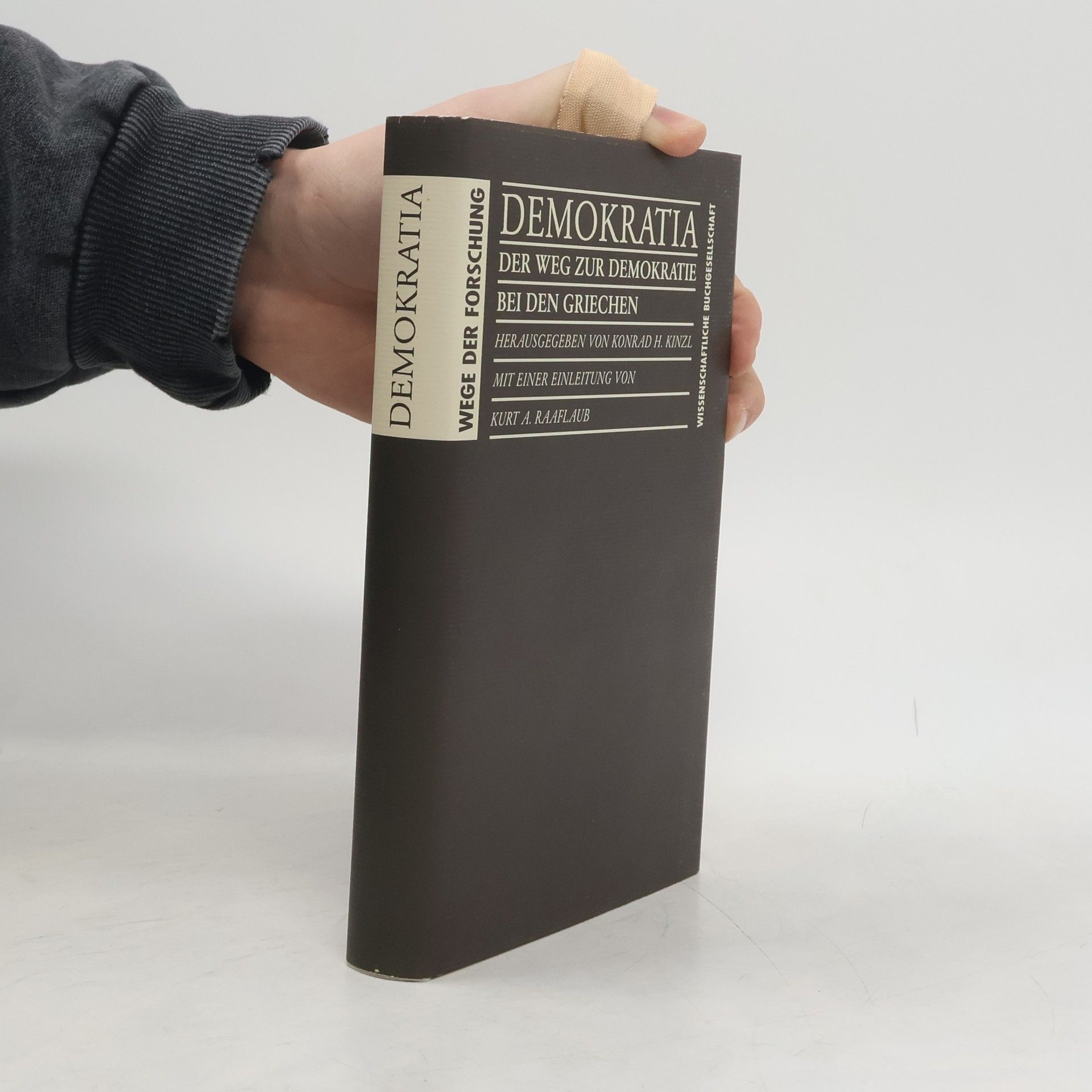Kurt A. Raaflaub Livres
15 février 1941 – 12 septembre 2023
Cet auteur s'engage principalement dans des récits historiques. Son travail se concentre sur l'histoire ancienne et la philologie classique. Il explore des moments et des figures clés du monde antique avec une profonde perspicacité dans le contexte historique. Son expertise savante confère autorité et précision à ses écrits.
